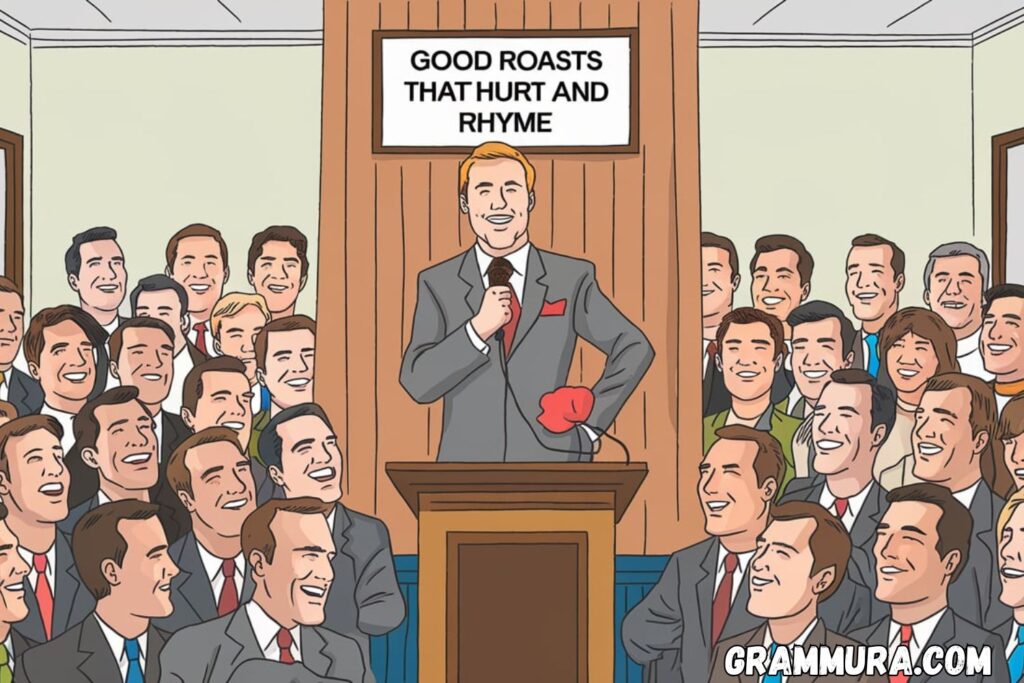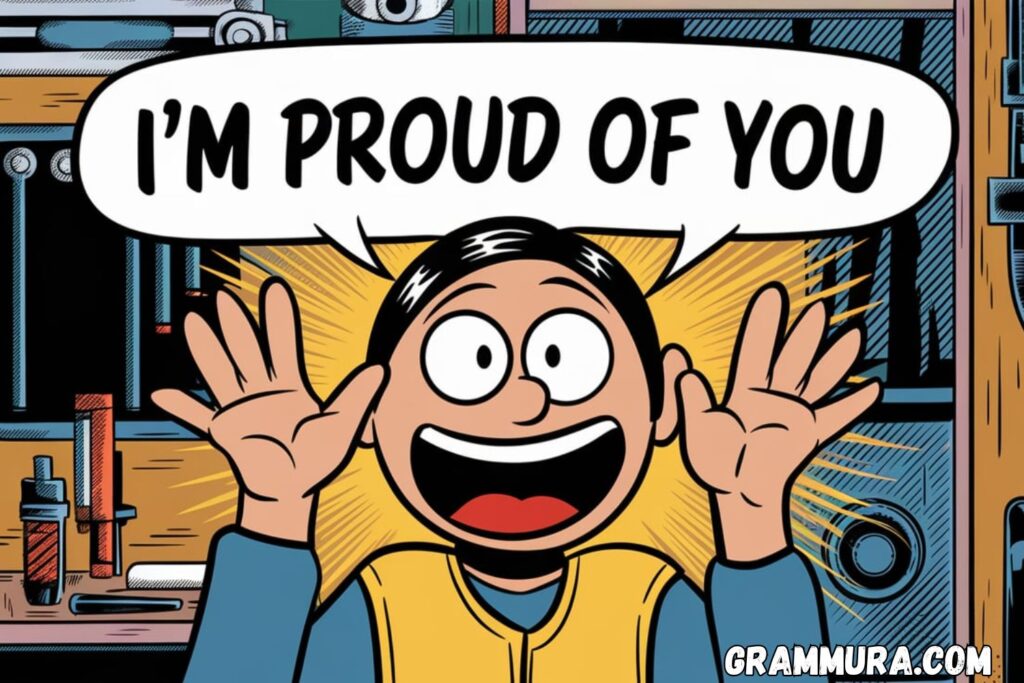The slang term “fein” means someone who really wants or craves something a lot. It started as a word for drug addiction but now is used for any strong need or obsession. People say fein to describe being desperate for attention, likes, or even food.
Have you ever caught yourself checking your phone too much or wanting something so badly you can’t stop thinking about it? That feeling is exactly what fein describes. It’s a popular word in texting and social media, making it easy to talk about cravings or obsession.
Today, fein is everywhere in casual talk, hip-hop, and online slang. It shows how language changes with culture and technology. Knowing what fein means helps you understand modern conversations better.
What Does “Fein” Mean in Slang?
The word fein is a slang term that describes someone who is craving or obsessing over something very intensely. Originally, it was used to talk about people addicted to drugs, especially in drug slang related to crack or heroin. Over time, the meaning grew wider and now it can mean anyone who is desperate or really wanting something, not just drugs.
For example, someone who can’t stop checking their phone for social media likes or someone who always wants the latest sneakers might be called a fein. The meaning has shifted from strictly addiction to a general sense of strong craving or obsession. In texting culture and social media slang, you might see sentences like, “He’s a fein for likes” or “She’s a fein for iced coffee.”
This broad use shows how slang evolution works — words change and adapt based on how people use them in everyday speech.
The Origins of “Fein” in Street Slang

To fully understand fein, we have to look at its slang origins. The word comes from the original fiend meaning in African American Vernacular English (AAVE). The term “fiend” has been used since the 1980s in street slang to describe someone addicted to drugs. Over the years, especially in hip-hop culture, “fiend” softened in pronunciation and spelling to “fein.”
During the 1980s and 1990s, fiend and then fein were mainly linked to addiction. But by the 2000s, the word expanded in the music scene to describe anyone hungry for success, money, or attention. By the 2020s, and especially now in slang 2025, “fein” is part of the everyday language used in texts, memes, TikTok videos, and casual conversations.
The journey from drug slang to general craving shows how slang can move from the streets to the internet, gaining new meanings as it spreads.
The Nuance of Tone in “Fein”
One interesting aspect of the slang term fein is the variety of tones it can carry. Tone is very important in slang usage because the same word can sound playful, insulting, or even affectionate depending on how it’s used.
When friends joke, calling someone a fein can be funny and lighthearted, like teasing someone who can’t stop eating pizza or always wants attention. But the word can also be harsh or insulting, implying that a person is desperate or pathetic. For example, telling someone “Stop being a fein, it’s not a big deal” can sound rude.
Sometimes, in close relationships, fein can be used in an affectionate or flirtatious way. Saying “You’re a fein for my attention” can be playful and sweet.
Because of these slang tone variations, it’s important to pay attention to the situation and who you’re talking to before using the word.
When Not to Use “Fein”
While slang helps people connect, fein is not always a good word to use everywhere. It is especially risky in formal or professional settings. Avoid using fein in emails, work meetings, or any official communication because it can come across as unprofessional and disrespectful.
Also, since fein has roots in drug slang and addiction, using it around older people or in sensitive conversations might offend or confuse them. Academic writing and serious discussions should steer clear of slang terms like this to keep language clear and precise.
Knowing when not to use slang like fein is just as important as knowing what it means.
Polite Alternatives to “Fein”
If you want to talk about craving, obsession, or strong desire but need to sound polite or professional, there are many great alternatives to fein. These words keep the meaning but avoid slang’s rough edges.
For example, eager is a neutral and professional word that shows someone wants something strongly but politely. Saying “She’s eager to learn more about the project” works well at work.
Other alternatives like enthusiastic, craving, and obsessed can be casual but respectful. “He’s enthusiastic about the new menu” or “I’m craving sushi tonight” sound natural without slang’s sharp tone.
Words like addicted (to) can be used figuratively: “She’s addicted to coffee.” For more poetic or formal uses, words like yearning or devoted express deep desire or passion without slang baggage.
In a workplace or serious talk, driven, passionate, and hungry for success are great choices that sound polished but strong.
Here is a quick comparison table of polite alternatives with examples:
| Alternative | Tone | Example |
| Eager | Neutral, professional | She’s eager to improve her skills. |
| Enthusiastic | Positive, casual | He’s enthusiastic about sports. |
| Craving | Casual, polite | I’m craving some chocolate. |
| Addicted (to) | Figurative, polite | She’s addicted to podcasts. |
| Obsessed | Trendy, casual | He’s obsessed with fitness. |
| Yearning | Poetic, formal | The artist was yearning for freedom. |
| Devoted | Soft, respectful | She’s devoted to her family. |
| Passionate | Professional | He’s passionate about technology. |
| Driven | Formal | She’s driven to reach her goals. |
Casual Alternatives to “Fein”
When chatting with friends or using slang online, you might want fun, casual alternatives to fein. These keep the playful spirit and can express obsession or craving in a friendly way.
Words like stan (a fan-based obsession) are popular in fandoms. Saying “I stan that singer so hard” means you love or obsess over them. Simp is slang for someone who shows excessive affection or attention, often in romantic contexts.
Thirsty is a slang word used to describe someone desperate for attention, especially in dating. A person “looking thirsty” is trying too hard to get noticed.
Other casual words include junkie, which is similar to fein but often used playfully, like “He’s a sneaker junkie.” Addict is also casual: “I’m a Netflix addict.” The original word fiend is still used sometimes.
Less common but fun slang includes obsesso, thirst monster, and maniac, all exaggerating obsession or craving in a humorous way.
Each of these slang words has its own tone and fits best in casual, friendly conversations or online spaces.
How to Choose the Right Word

Choosing the right word depends on who you are talking to, the situation, and the tone you want to use. If you’re with close friends, using fein or casual alternatives like stan or simp will come off as a joke or friendly teasing.
At work or in professional environments, it’s better to use polite alternatives like driven, enthusiastic, or passionate to sound respectful and clear.
In online communities, slang words like fein, thirsty, or stan often fit the vibe and help you connect with others who know the language.
In romantic conversations, softer words like “addicted to you” or “obsessed with you” show strong feelings without slang’s roughness.
The key is matching your word choice to your audience and situation. Slang is fun, but it’s also powerful and sometimes risky if used in the wrong way.
Read Also : Snowball Kiss Meaning 2025
10 Examples of “Fein” in Use (2025)
Here are ten sentences showing how fein is used naturally in 2025 conversations. Each example highlights different tones and contexts:
- “Stop refreshing the page — you’re a fein for those concert tickets.”
- “Bro’s a fein for gaming; he hasn’t moved all day.”
- “You’re a fein for attention, always posting selfies.”
- “She’s a fein for iced coffee, even when it’s cold outside.”
- “Don’t act like a fein, it’s just a simple text.”
- “That kid’s a fein for TikTok trends.”
- “He’s a fein for validation from strangers online.”
- “She’s a fein for drama; she loves stirring things up.”
- “You’re a fein for dessert every night.”
- “Bro’s a fein for clout, always name-dropping on Instagram.”
These examples show how fein moves between teasing, critique, and playful talk in everyday speech.
The Evolution of Slang in 2025
The story of fein is a perfect example of how slang evolution works in 2025. Slang today is not just about rebellion or secret codes anymore. It is about identity, speed, and connection. Words like fein spread quickly through internet slang, social media, and music because they are catchy, relatable, and fun to use.
Linguists note that slang in 2025 is multi-layered — a word can mean different things depending on tone, audience, and platform. It also moves fast, with new terms appearing on TikTok, Twitter, and text chats before dictionaries can catch up.
Fein shows how slang origins from African American Vernacular English (AAVE) and street slang influence mainstream language. It also highlights how digital culture changes words to fit new contexts like craving, obsession, and validation in the age of social media.
How “Fein” Reflects Modern Social Media Culture
The slang term “fein” perfectly captures the way people behave on social media today. Many users crave likes, comments, and followers, creating a culture of constant validation. This desire to be noticed often leads to obsessive checking and posting.
As social media slang evolves, words like fein highlight how our online habits influence language. It’s a reflection of how digital spaces shape not only communication but also identity, with craving and obsession becoming everyday expressions.
The Role of Hip-Hop Culture in Popularizing “Fein”

Hip-hop culture has played a major role in bringing the word “fein” from street slang into mainstream language. Rappers and artists have long used the term to describe addiction and strong cravings, which helped spread its usage widely. Music videos, lyrics, and interviews kept the term alive.
Over time, slang origins from hip-hop blended with internet culture, making fein common in texting and memes. This crossover shows how cultural movements can influence everyday language and keep slang terms relevant across generations.
Understanding the Risks of Using “Fein” Incorrectly
While “fein” is popular in casual talk, it can be risky to use in the wrong context. Because the word originally referred to drug addiction, it might offend or confuse some listeners. Using it carelessly could make you sound insensitive or disrespectful.
It’s important to consider the tone of slang and your audience before saying fein. In professional or formal settings, it’s better to choose polite alternatives to avoid misunderstandings and maintain clear communication.
FAQ,s
What is fein in slang?
Fein is slang for someone who craves or obsessively wants something, originally linked to drug addiction but now used more broadly. It means being desperate or obsessed over anything from attention to objects.
What is a fien in slang?
A fien (or fiend) in slang refers to a person addicted or obsessed with something, often used to describe strong cravings or intense neediness.
Does fein mean addicted?
Yes, fein originally meant addicted, especially to drugs, but now it also means being obsessed or craving something intensely beyond addiction.
What does it mean when a girl calls you a fein?
When a girl calls you a fein, she’s usually teasing that you’re overly eager or obsessed about something, like attention or validation, often in a playful way.
Final Thoughts
The slang term fein has traveled a long way from its original meaning tied to addiction. Today, it lives in texts, memes, and conversations as a fun, flexible word for anyone who craves or obsesses over something. Understanding its slang meaning, tone of slang, and when to use it will help you fit into modern conversations while being respectful.
For professional or polite settings, choose alternatives like eager, passionate, or driven to express similar ideas without slang’s rough edges. In casual chats, fein and its related slang terms add color and personality to language.
Language is always evolving, and words like fein remind us how rich and creative communication can be in 2025.



